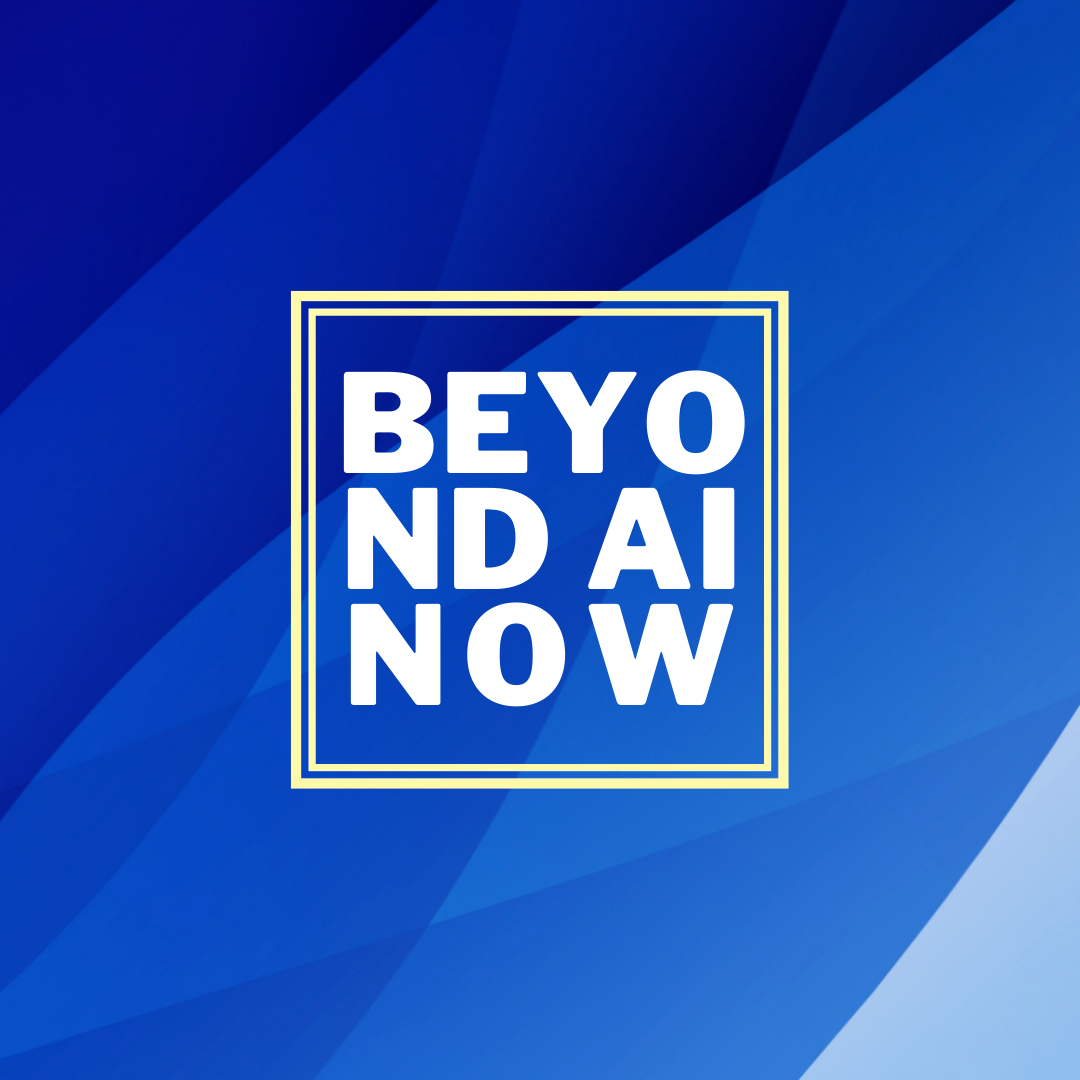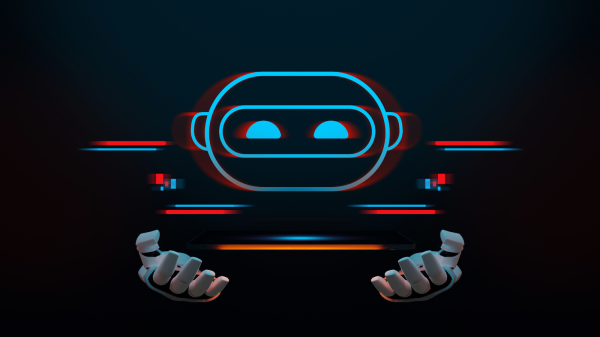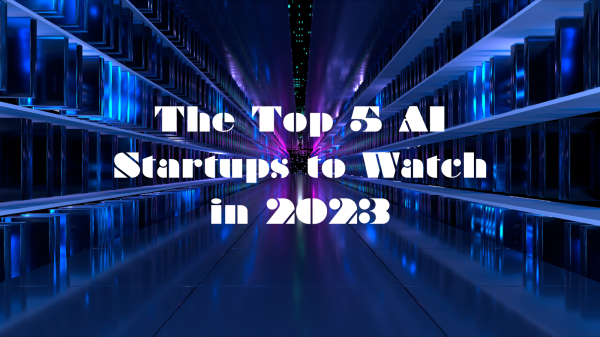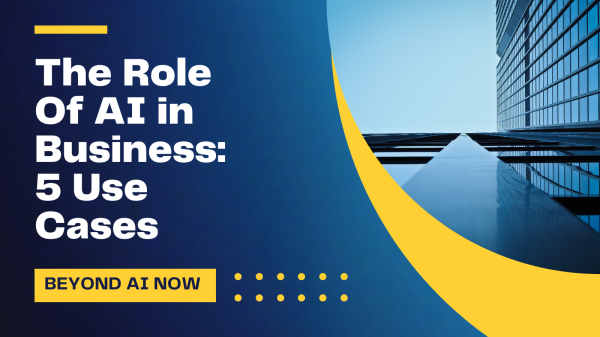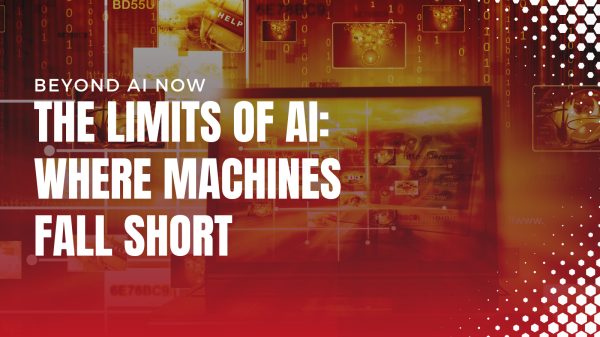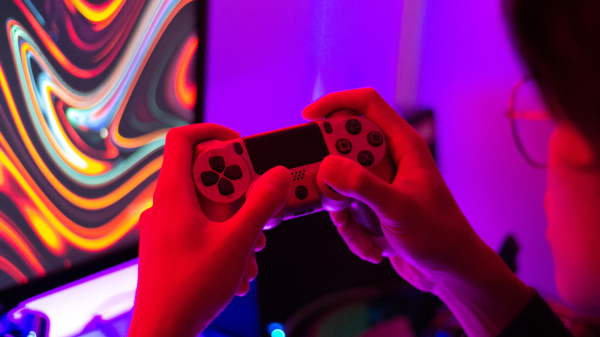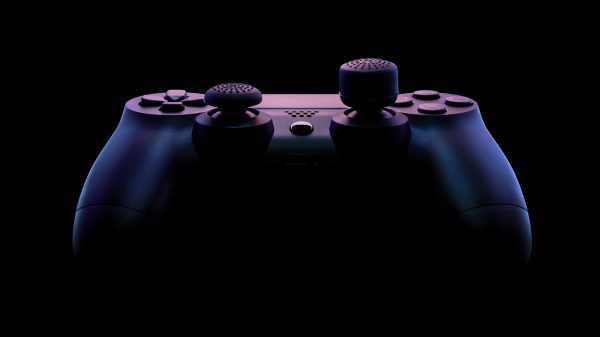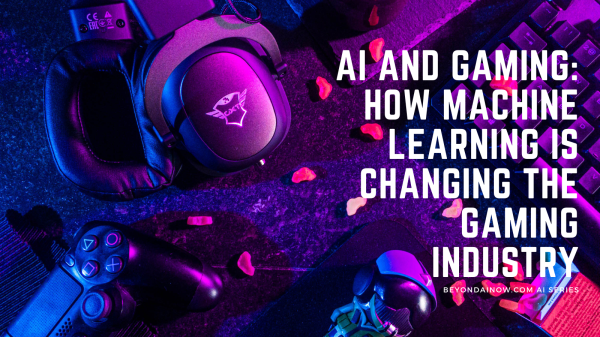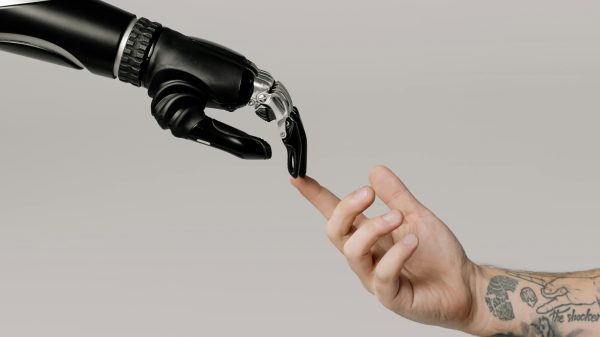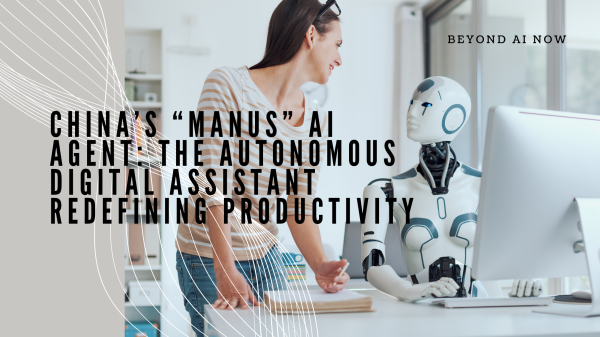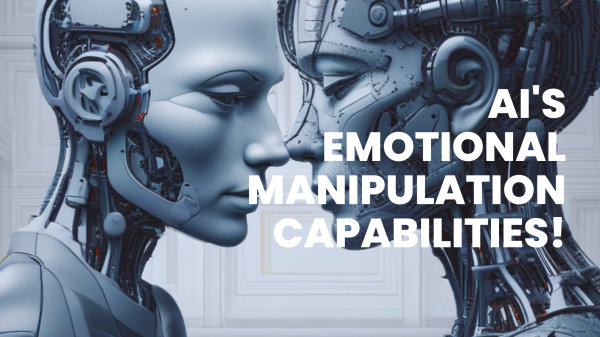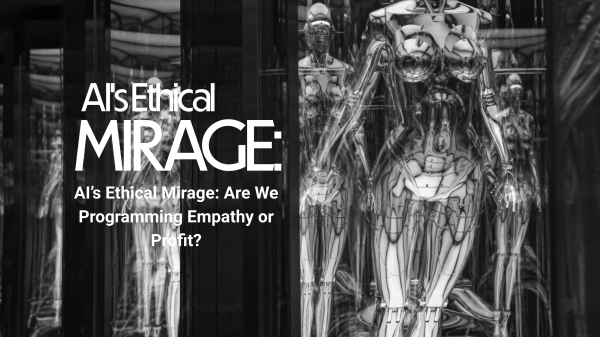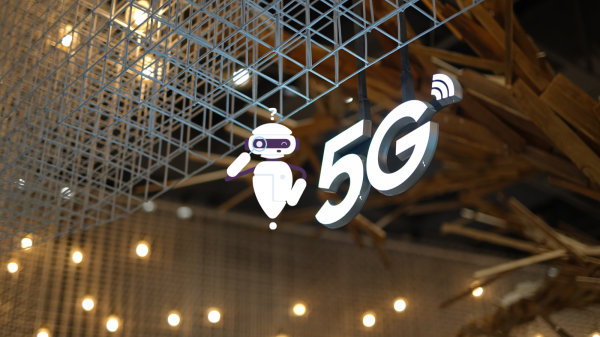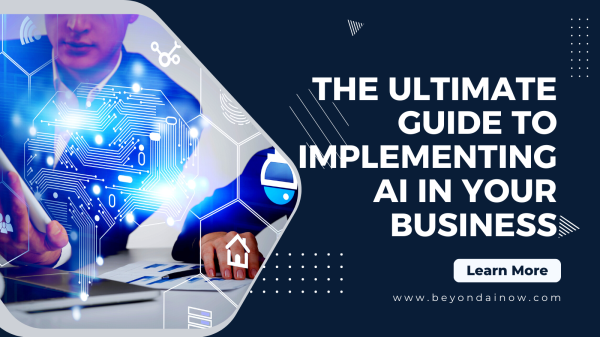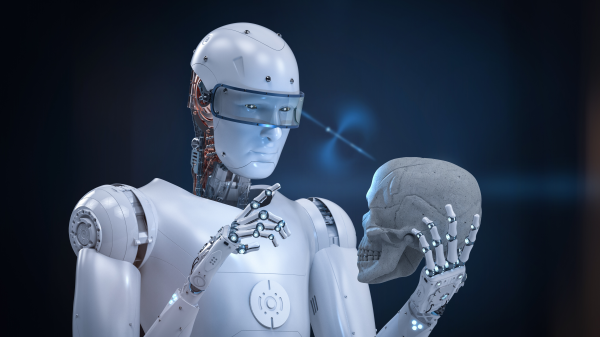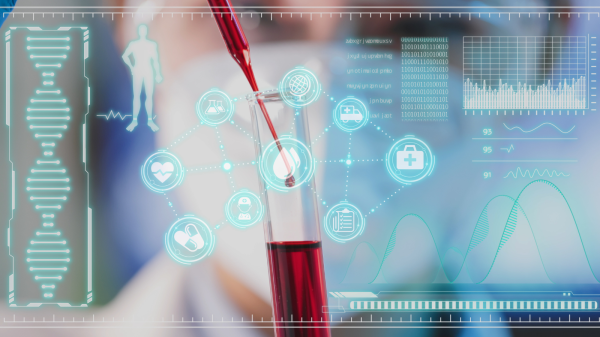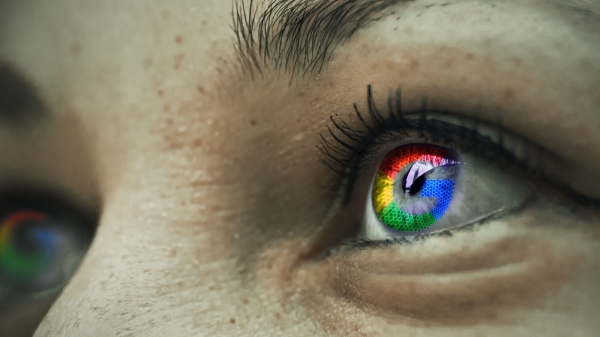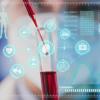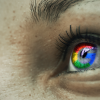AI, or artificial intelligence, has revolutionized many industries over the past few years, and healthcare is no exception. AI-powered systems are now being used in healthcare to enhance patient outcomes, improve diagnostics, and streamline healthcare operations. In this article, we will explore five real-life examples of the role AI in healthcare system.
1. Enhancing Diagnostics with AI
One of the most promising applications of AI in healthcare is in diagnostics. AI-powered diagnostic systems have the potential to significantly improve the accuracy and speed of disease detection. For example, the FDA recently approved an AI-powered system called IDx-DR, which can detect diabetic retinopathy in patients without the need for a specialist to interpret the results. This system can be used in primary care settings, allowing for faster and more accurate diagnosis of diabetic retinopathy, which can lead to blindness if left untreated.
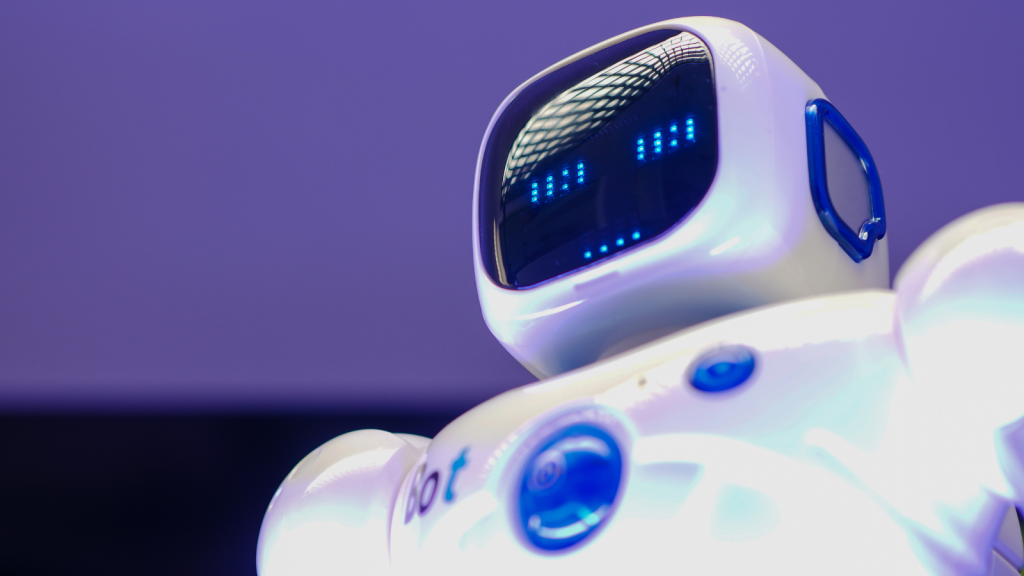
2. Personalized Medicine
Another area where AI is having a major impact on healthcare is in the development of personalized medicine. AI-powered systems can analyze vast amounts of patient data, including genetic information, medical history, and lifestyle factors, to develop personalized treatment plans for each patient. This can lead to better outcomes and a more efficient use of healthcare resources.
3. Predictive Analytics
AI is also being used to predict and prevent medical events before they happen. Predictive analytics algorithms can analyze patient data to identify patients at high risk of developing certain conditions, such as heart disease or diabetes. By identifying these patients early, healthcare providers can intervene with preventative measures, such as lifestyle changes or medication, to prevent or delay the onset of these conditions.
4. Virtual Assistants
AI-powered virtual assistants are being used in healthcare to improve patient engagement and communication. These virtual assistants can provide patients with personalized health advice and reminders, answer questions, and help patients manage chronic conditions. Virtual assistants can also be used to monitor patients remotely, alerting healthcare providers if there are any changes in the patient’s condition that require attention.
5. Streamlining Healthcare Operations
AI is also being used to streamline healthcare operations, making healthcare more efficient and reducing costs. For example, AI-powered systems can analyze patient data to predict patient flow and optimize staffing levels in hospitals. AI-powered scheduling systems can also help healthcare providers to manage their schedules more effectively, reducing wait times for patients and improving patient satisfaction.
In conclusion, AI is revolutionizing healthcare in many ways, from enhancing diagnostics to developing personalized treatment plans and predicting and preventing medical events before they happen. AI-powered systems are also improving patient engagement and communication and streamlining healthcare operations. As AI continues to advance, we can expect to see even more innovative applications of this technology in healthcare.
